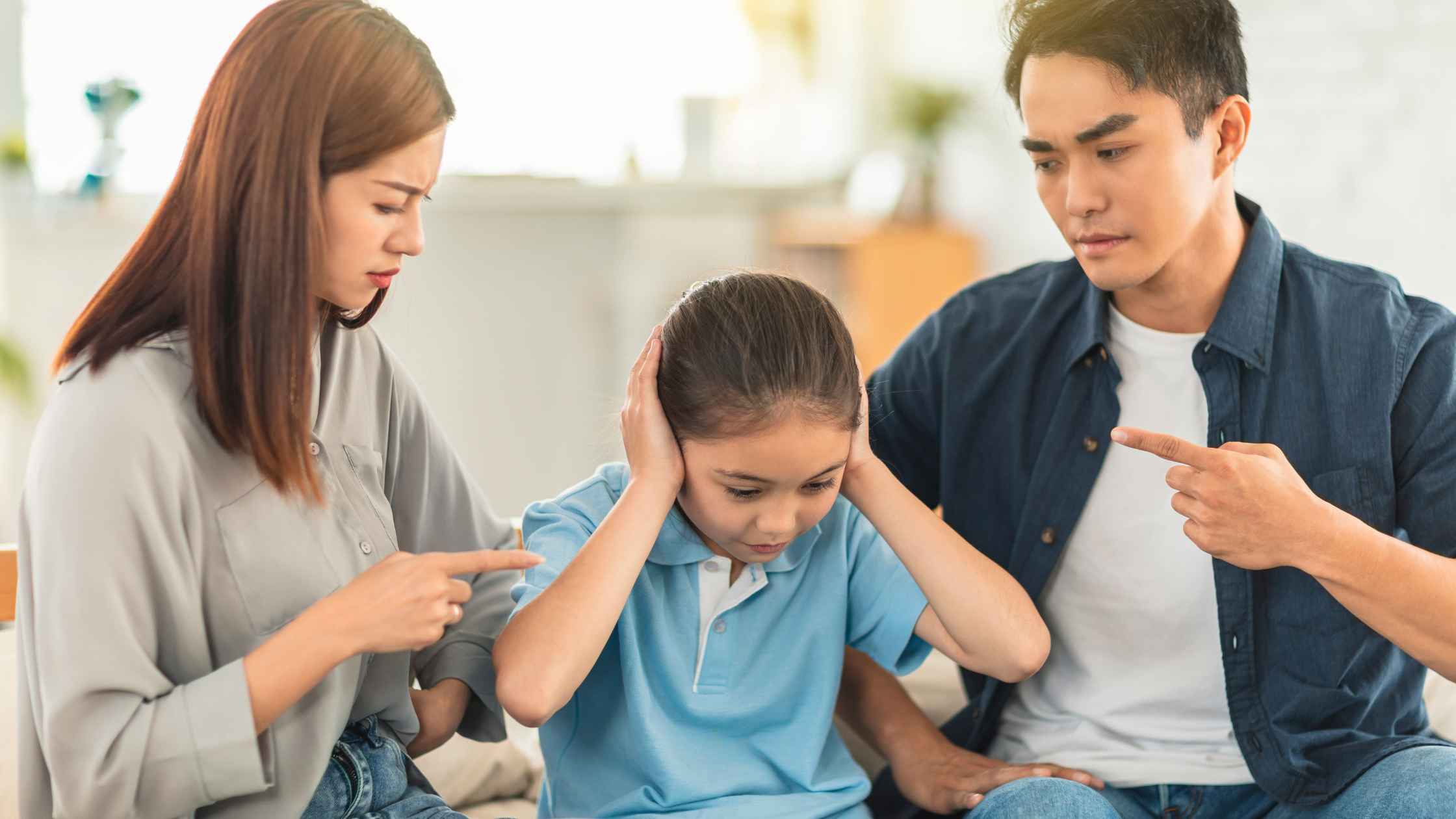As parents, we all make mistakes when communicating with our children. It’s easy to say something in the heat of the moment that sends the wrong message or leaves a lasting negative impact.
While we may not always have the perfect words, it’s crucial to be mindful of what we say to our kids.
In this article, we’ll explore 15 phrases you should avoid using with your children and provide alternative ways to communicate effectively.
“I’m proud of you”

While it’s important to praise your child’s accomplishments, using a blanket statement like “I’m proud of you” can make them feel responsible for your pride.
Instead, psychologist Carl Pickhardt suggests saying, “Good for you,” placing the credit where it belongs – with your child.
“Good job!”
Overusing generic praise like “Good job!” can become meaningless to your child. Social psychologist Susan Newman advises focusing on how your child achieved their accomplishment. For example:
- “You got all As – you must have worked really hard.”
- “I liked the way you passed the ball so your teammate could score.”
- “What made you choose those pretty colors?” or “How did you figure out the design/shape?”
“You should set a good example for your brother”

When older siblings act out, it’s tempting to remind them of their role model status.
However, Dr. Katharine Kersey suggests praising the older sibling and acknowledging their importance in their sibling’s life: “Your brother looks up to you; you’re such a good role model!”
“Wait until your father/mother gets home”
Avoid passing the buck when it comes to discipline. Parents should be a united team, not designating one as the disciplinarian.
Instead, handle the situation immediately: “You’re grounded for one week because you said a bad word.”
“I will never forgive you”

Saying something this harsh can be damaging to a child. Pickhardt recommends saying, “What you did was harmful, but we will find a way to leave this behind us and carry on.”
Take a deep breath and wait until you’ve calmed down before speaking.
“I’m ashamed of you”

This phrase can make a child feel like a disgrace in the family. Kersey suggests saying, “Although I feel badly about what you did, as always I love who you are.”
“Don’t worry, everything will be OK”
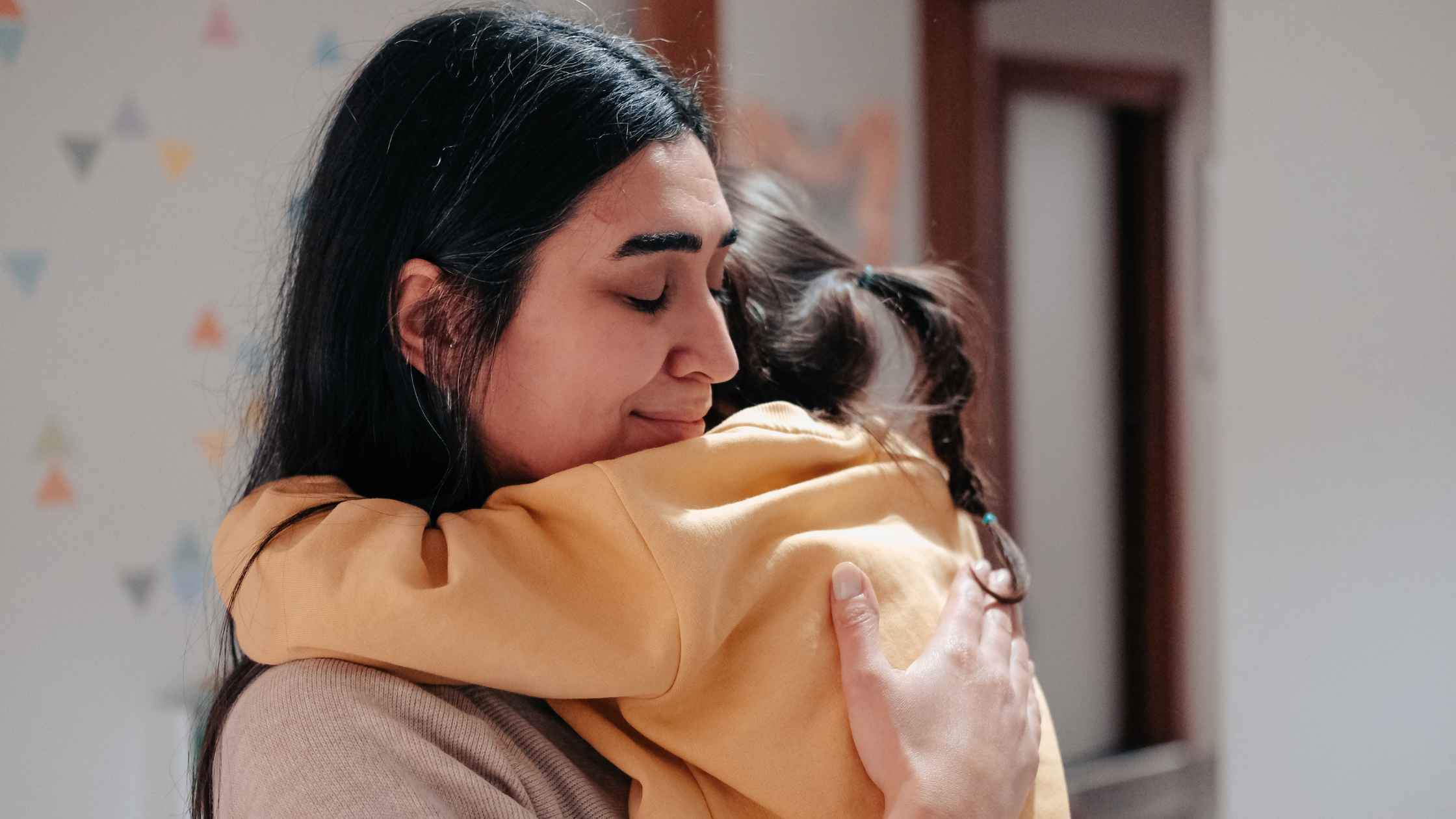
When kids are concerned about tragic events, address their concerns head-on.
Newman advises explaining how you, as a parent, will do everything you can to keep your child safe: “Mom and Dad are always nearby, and we’re going to set up a plan in case of emergency.”
“Here, I’ll do it”
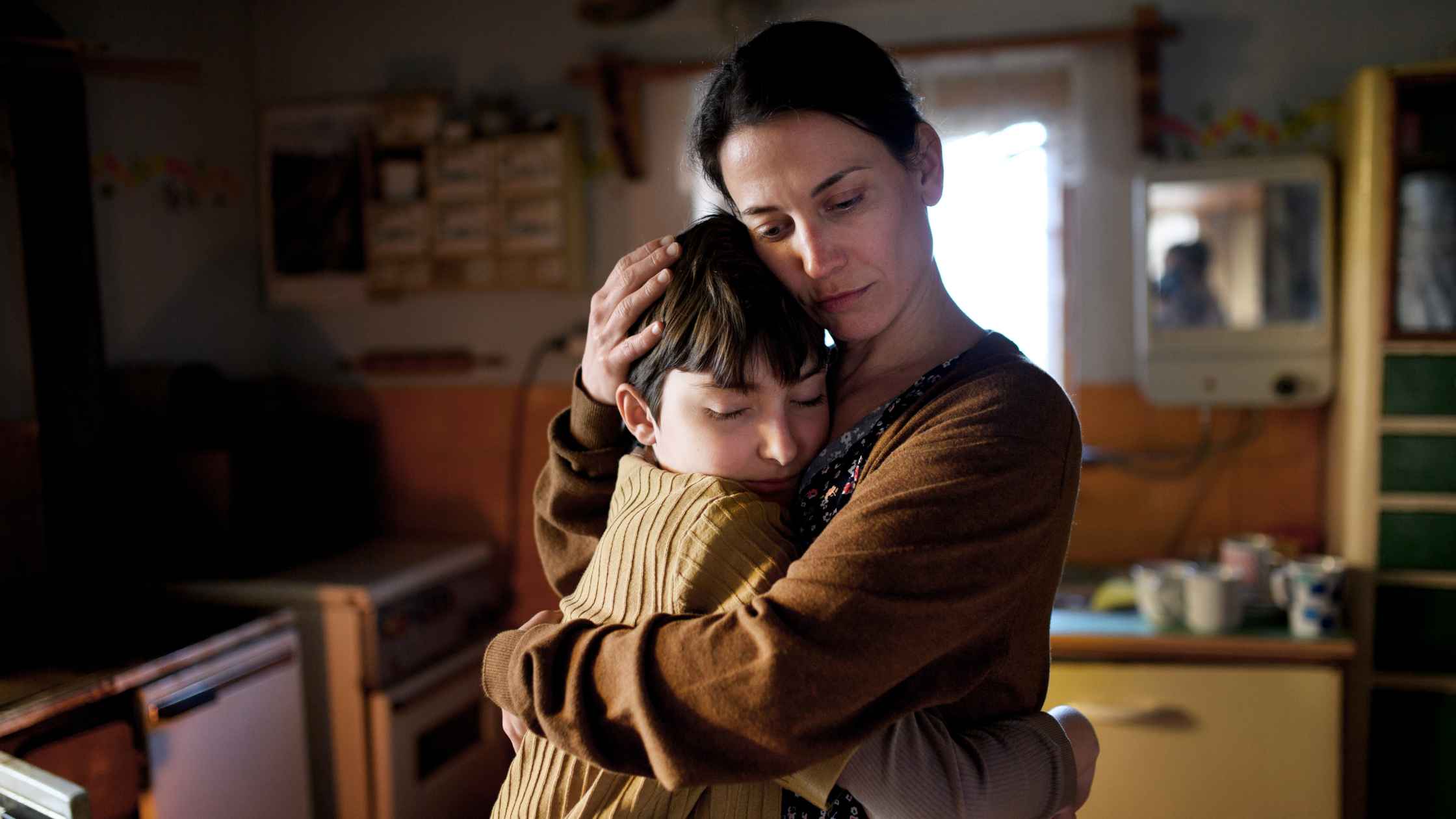
It’s easy to get frustrated when your child struggles with a task, but Kersey recommends a collaborative approach: “Let’s do it together!”
“Don’t cry”
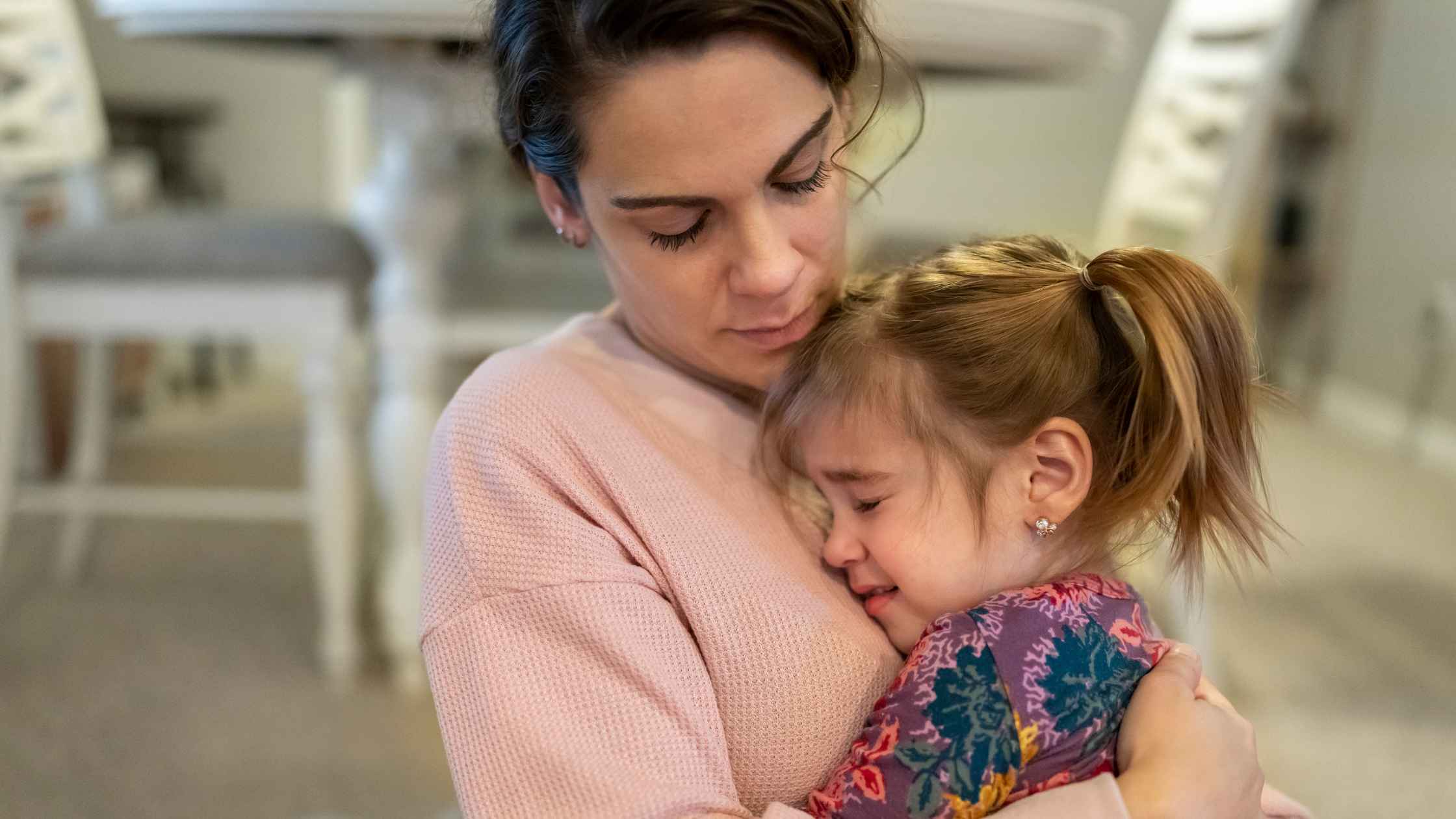
Encourage your kids to express their emotions, not bottle them up. Comfort them and acknowledge their feelings: “I know you’re sad that Katie moved away. It’s OK to cry – everyone needs to let out emotions sometimes. Let me give you a hug.”
“Thinking about sex is bad at your age”
When kids ask about where babies come from, don’t brush off the question. Pickhardt suggests saying, “Curiosity about sex is normal, and I will answer any questions that you have.”
Be ready to speak honestly and age-appropriately with your children.
“If you eat all your dinner, you can have dessert”

Avoid using dessert as a reward, as it sends the message that other foods aren’t as good.
Kersey recommends saying, “We need to eat healthy so our bodies will be strong. Your tummy will tell you when you are full. Would you rather have apples or cherries for dessert?”
“If you don’t clean your room, you’re going to be in big trouble”
Turn this threat into a positive scenario. Kersey suggests saying, “When your room is clean, then you may go out to play.”
“If you take good care of yourself, you’ll stay healthy”
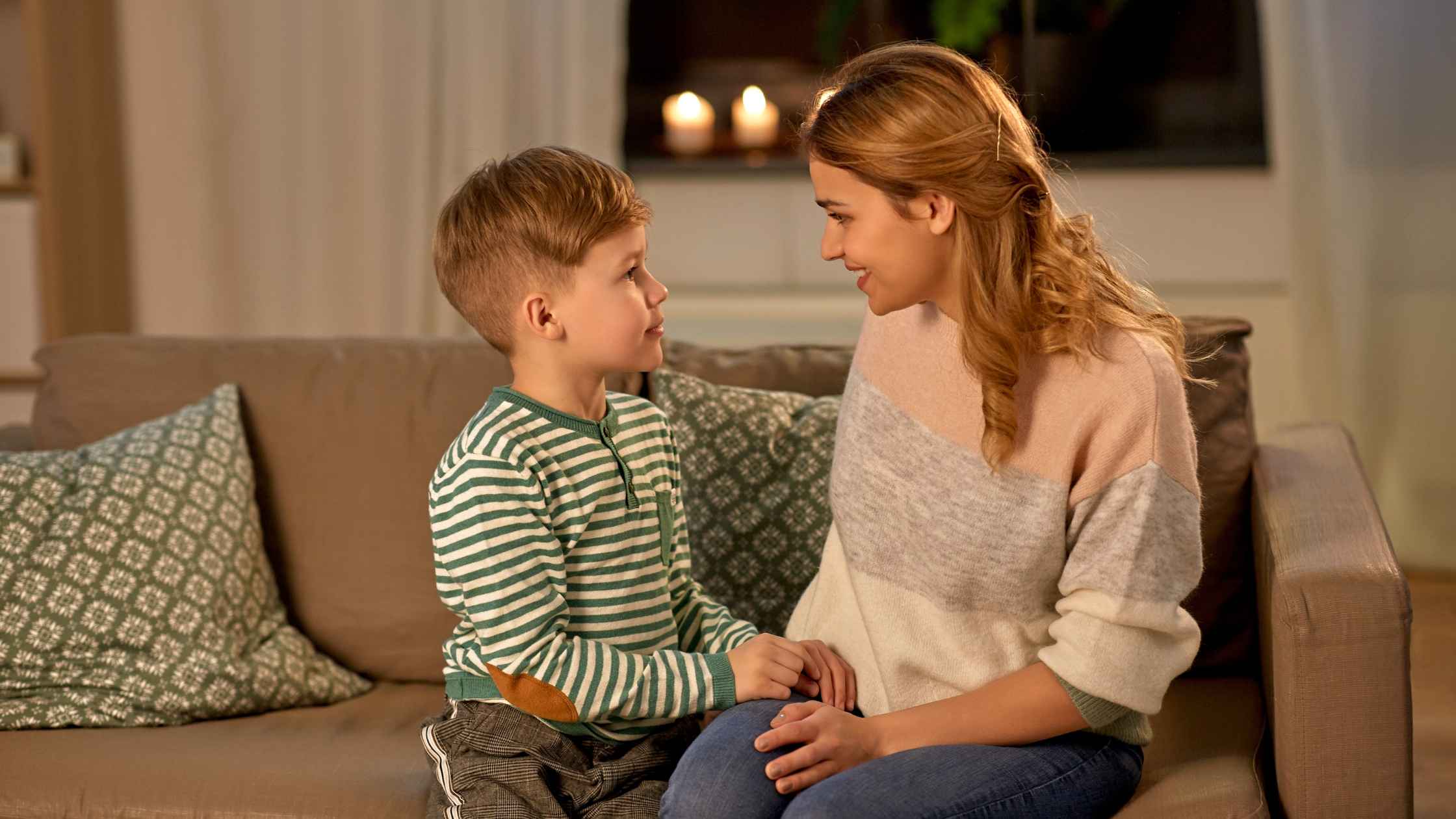
When children have concerns about illness, especially if older family members are ailing, Pickhardt recommends saying, “Even healthy people get sick, but health does help people get better after falling sick.”
“Family finances aren’t your business”
If children overhear arguments about money, they may become concerned. Pickhardt suggests saying, “Finances are how we make and manage money, and when you like, we will teach you what we know.”
“I’m disappointed in you”

Bluntly expressing disappointment can leave a child feeling like they’ve lost their loving standing in your eyes. Pickhardt advises saying, “I’m surprised and was not expecting this to occur.”
In addition to these phrases, there are a few more you should avoid:
“This is terrible, the worst”
Constantly repeating fearful and emotional words can make young children believe that a tragic event has happened many times. Instead, Newman suggests saying, “I’m having a hard time believing such a tragedy, but we’ll talk about it if you’d like to.”
“Come here, NOW”

Dr. Kersey believes in giving children time to respond instead of rushing them. Try asking, “It’s almost time to go. Do you want one minute or two?”
“You’re in the way”
When kids are underfoot, Kersey advises creating a project they can handle: “Can you help me wrap the packages/tie the string?”
“Because I said so”
This clichéd phrase takes control away from your kids. Provide context for your requests: “I know you really want to visit Tommy this afternoon, but I have to do the laundry – and I need your help. How about we see him tomorrow?”
Remember, it’s essential to think before you speak when communicating with your children. Be open to their curiosity and speak candidly about any problems or questions they may have.
By being mindful of your words and offering alternative phrases, you can foster a more positive and supportive relationship with your kids.
We’d love to hear from you! What phrases do you try to avoid when speaking with your children? Share your experiences and tips in the comments below.
